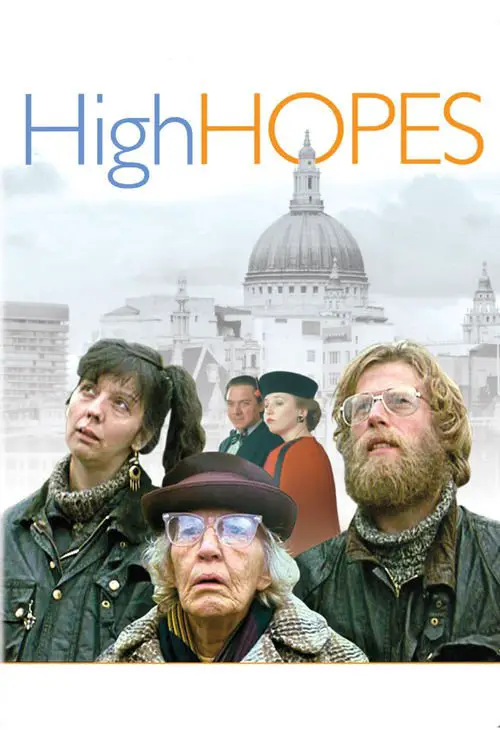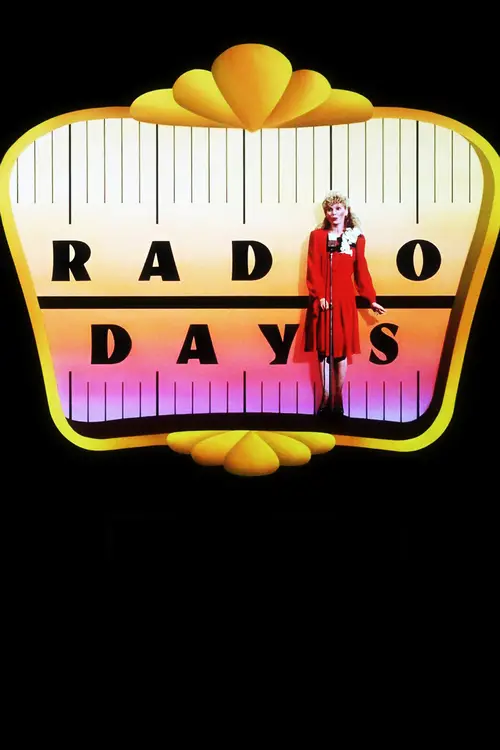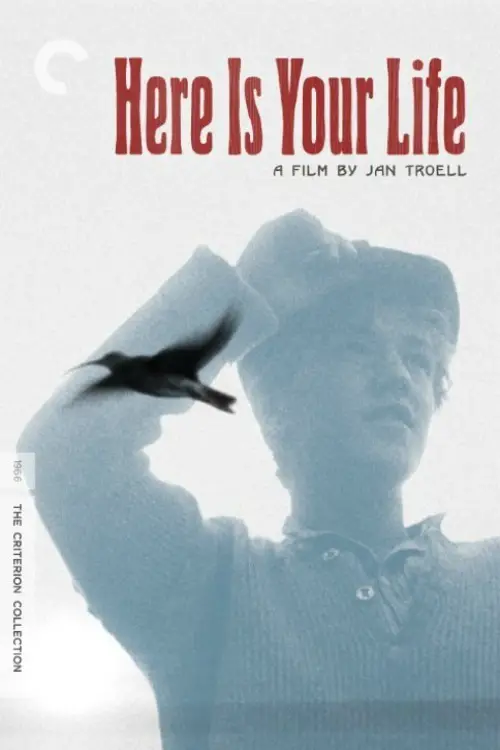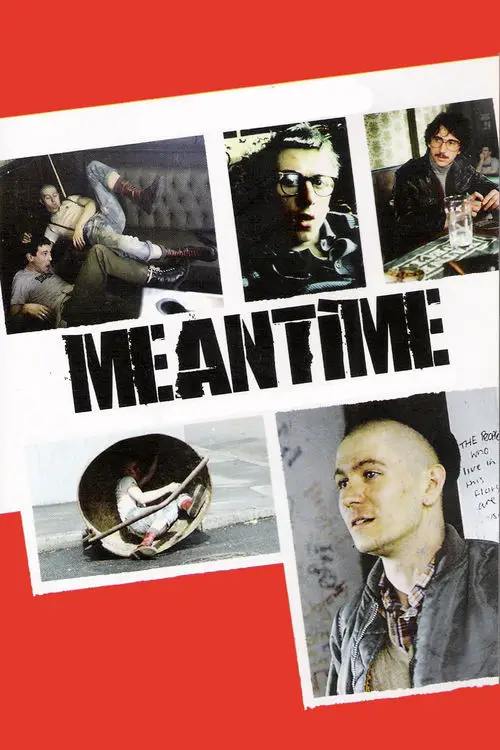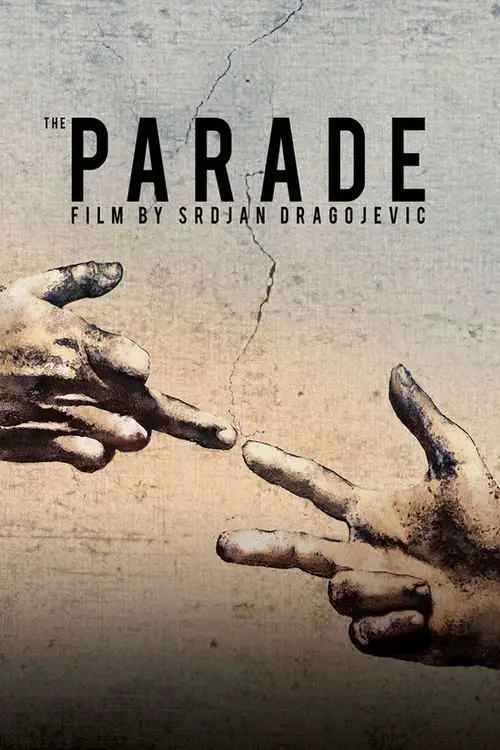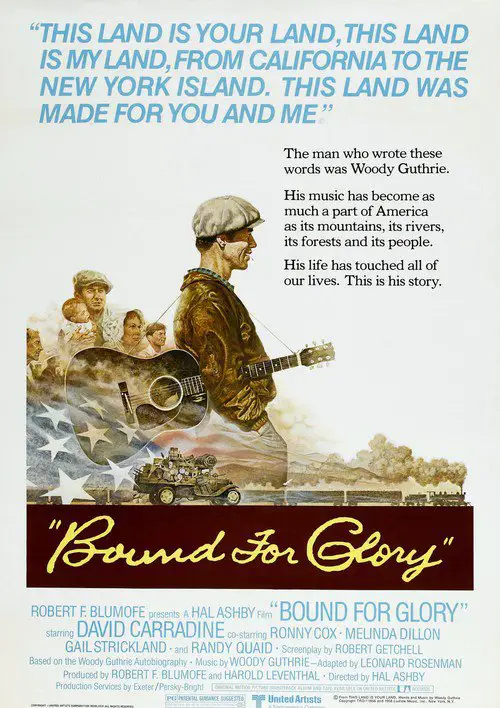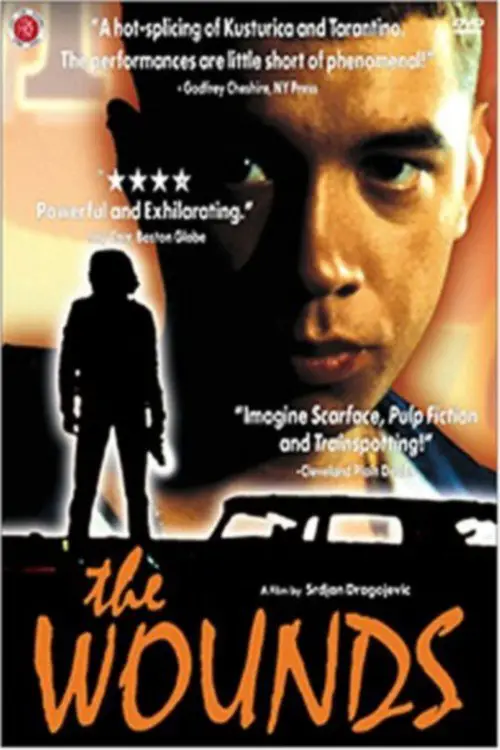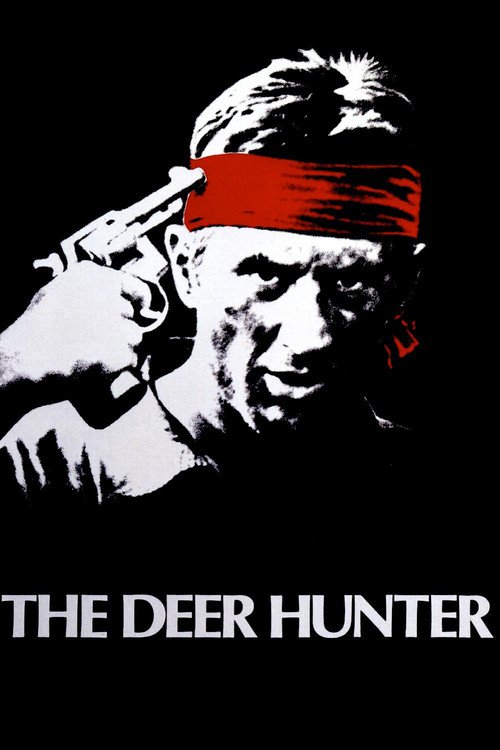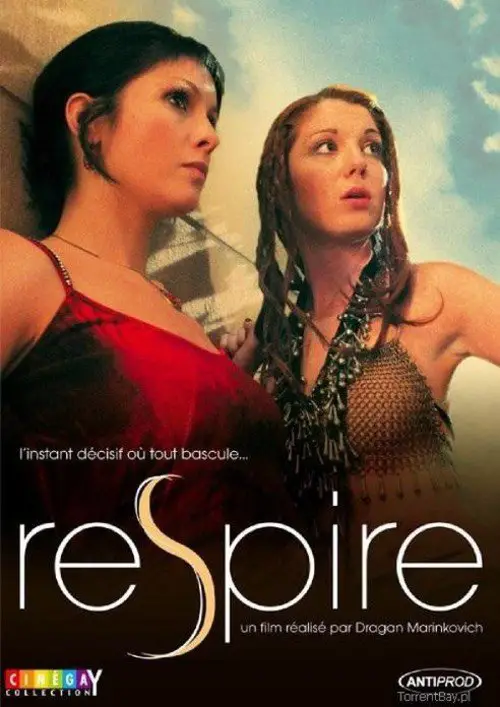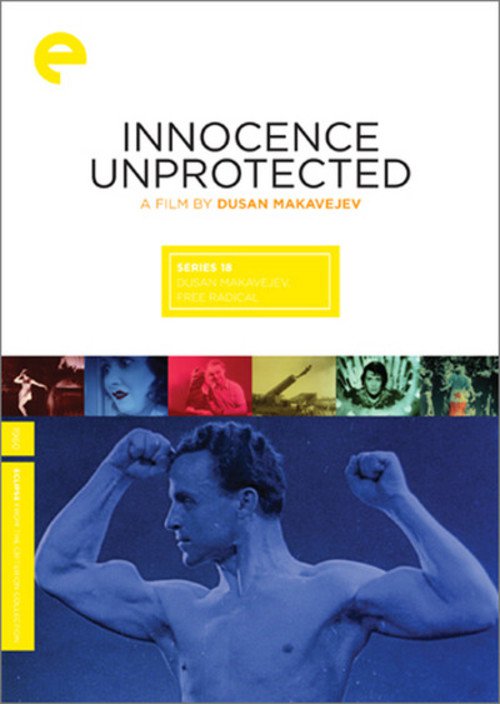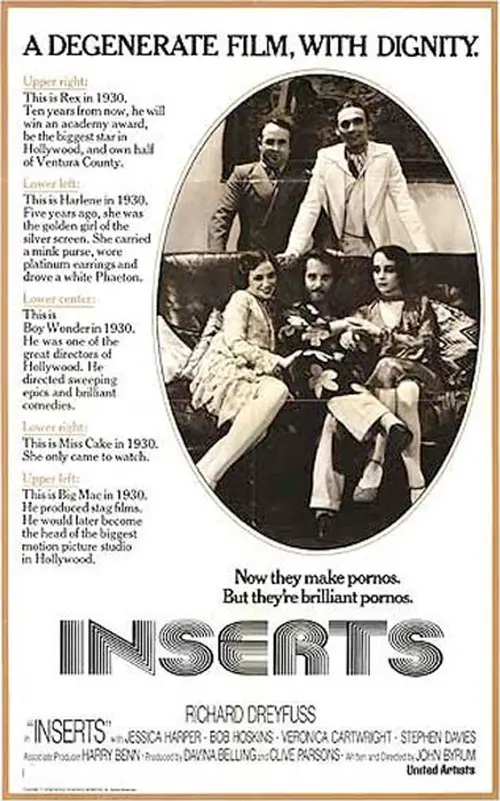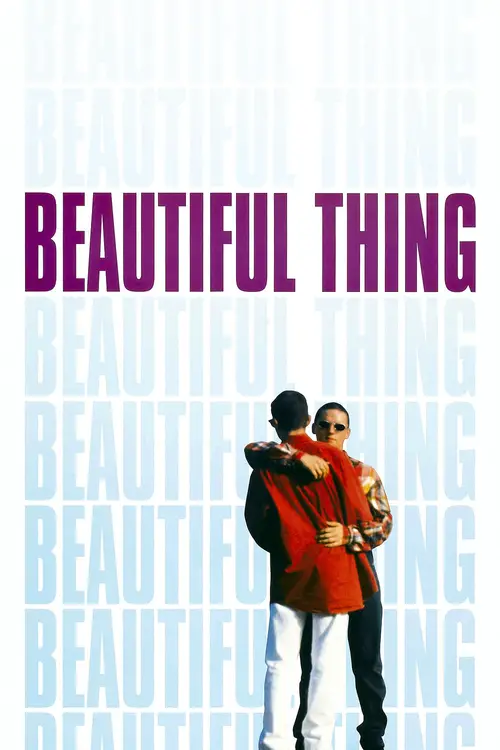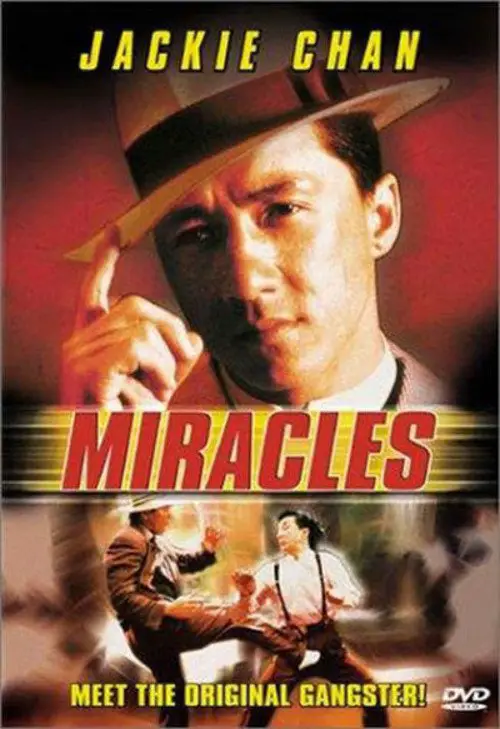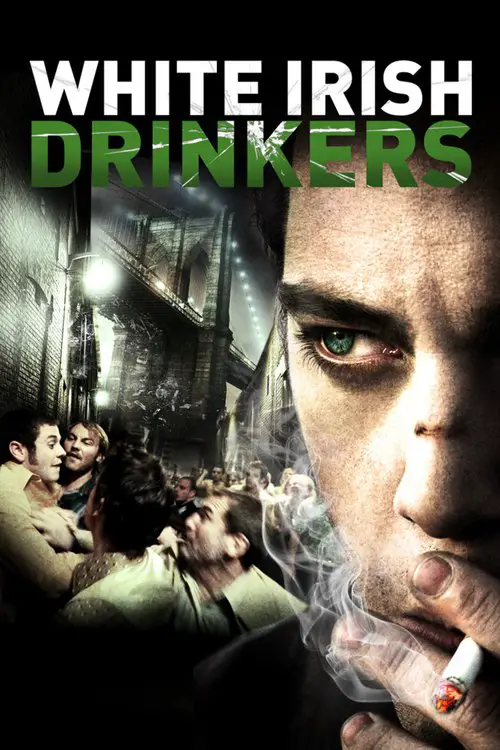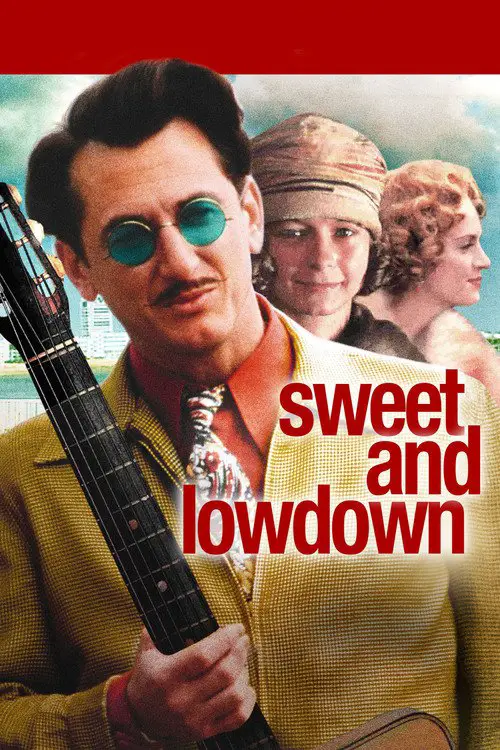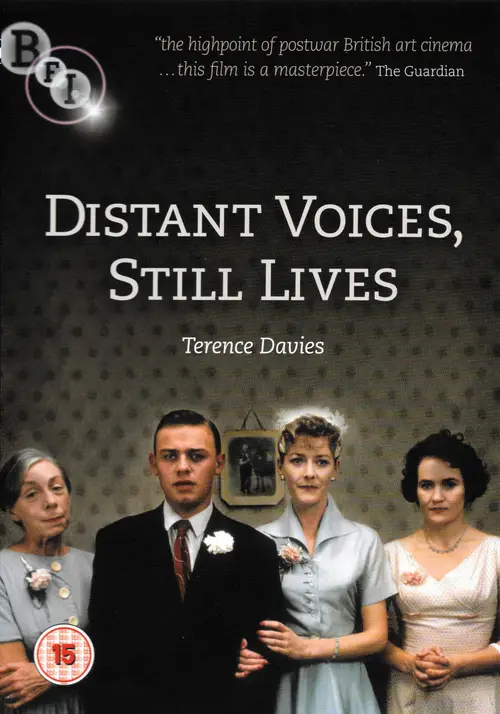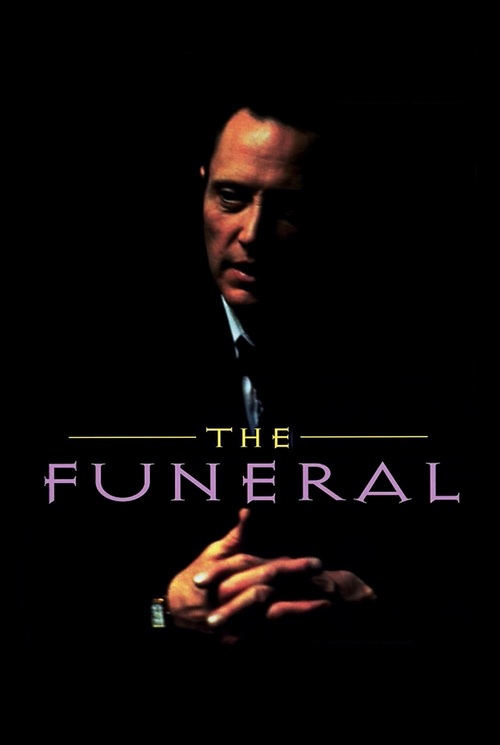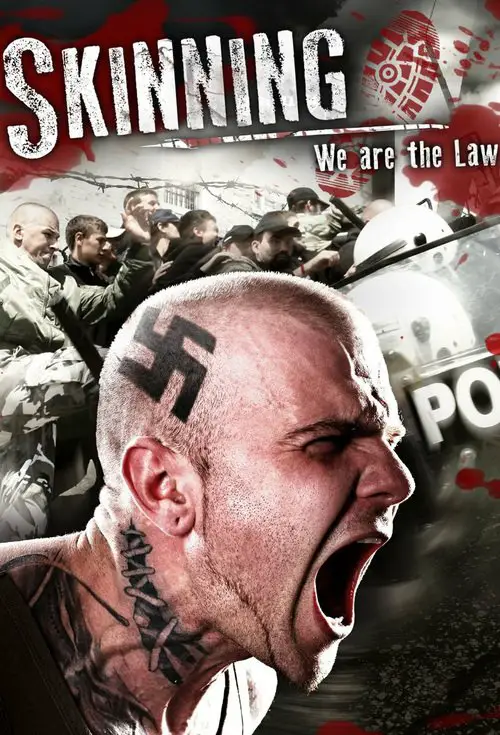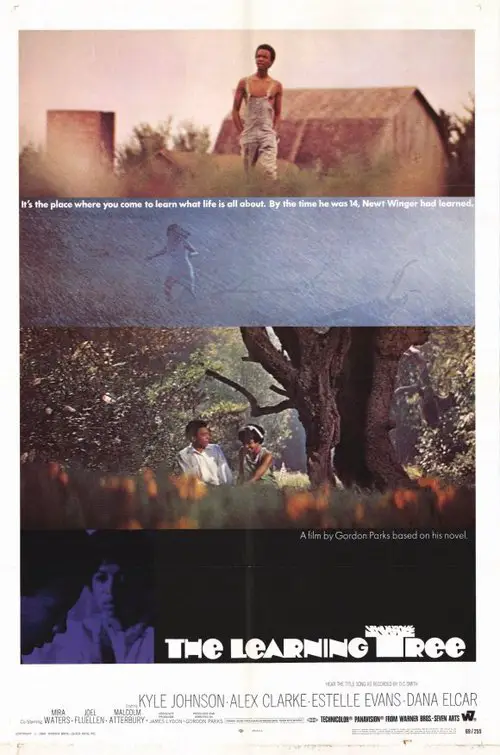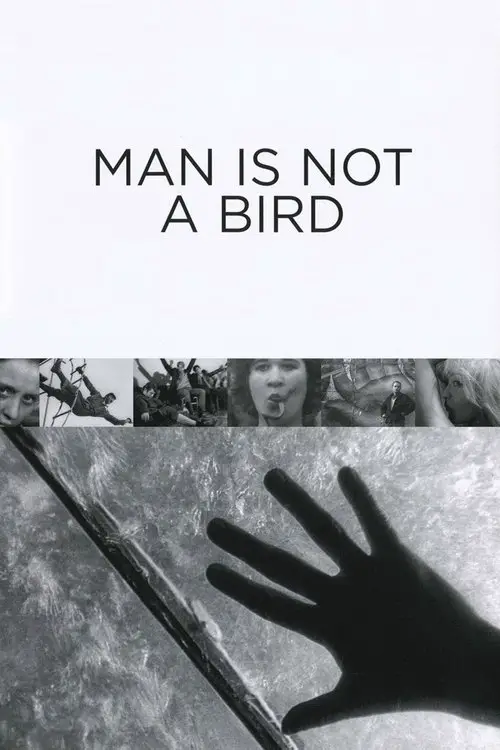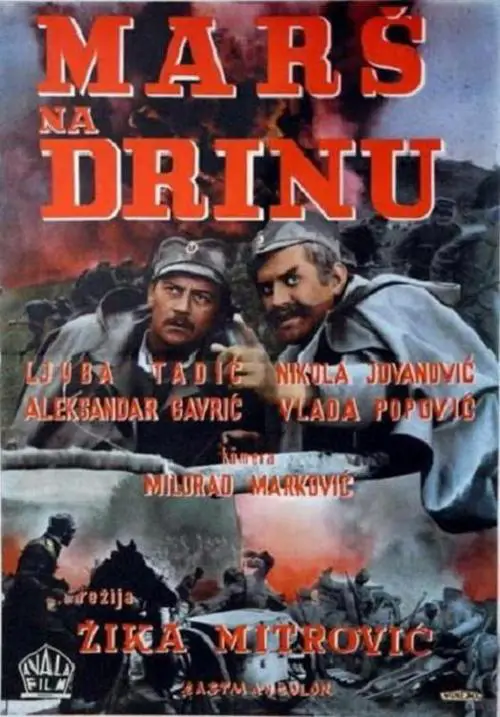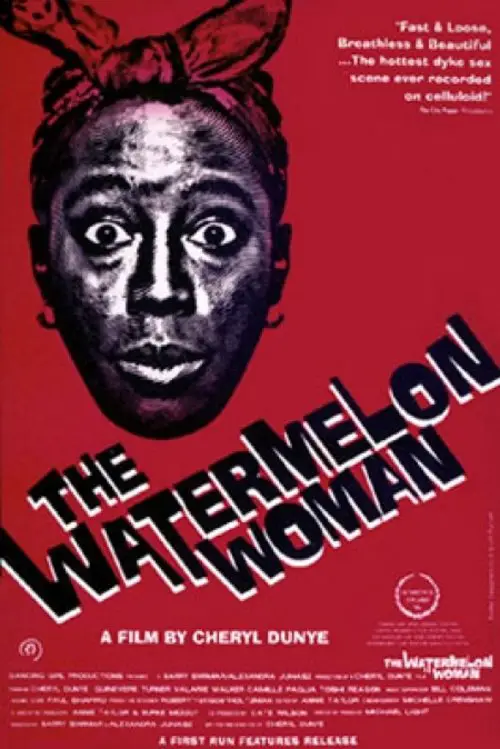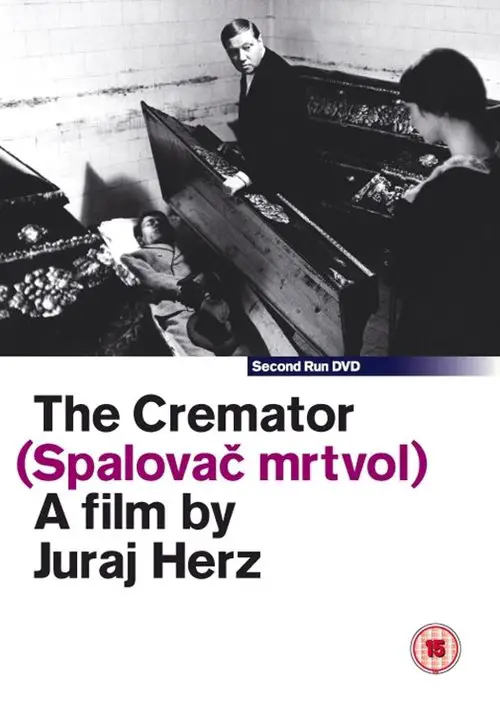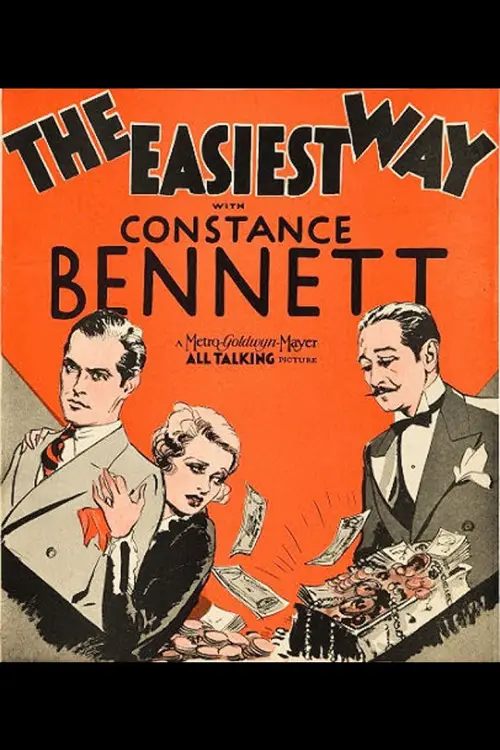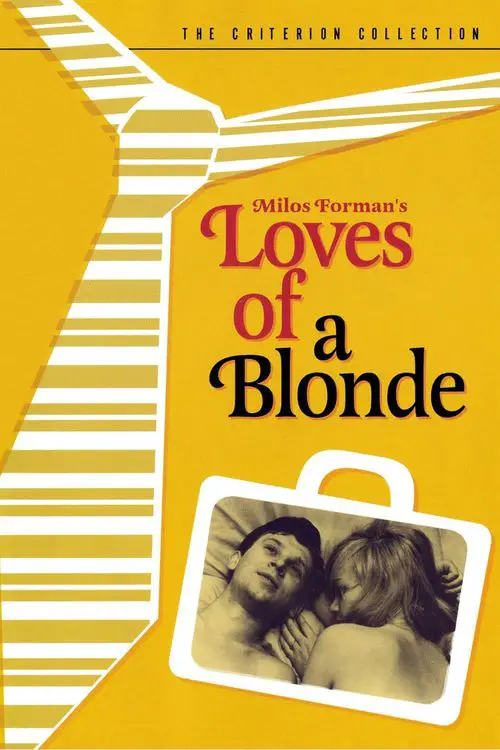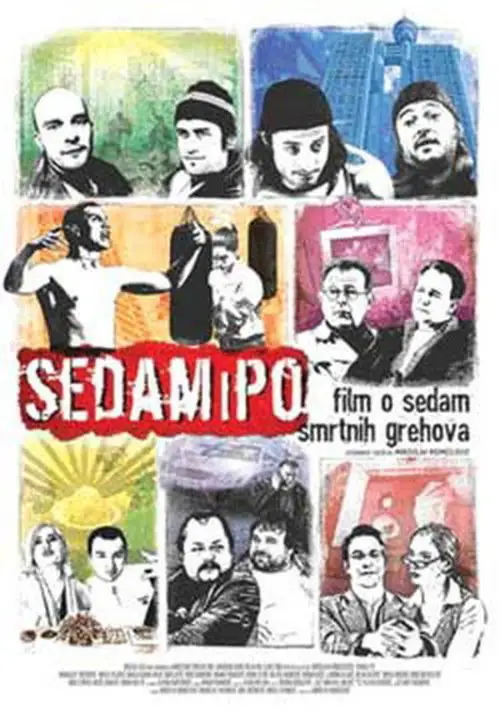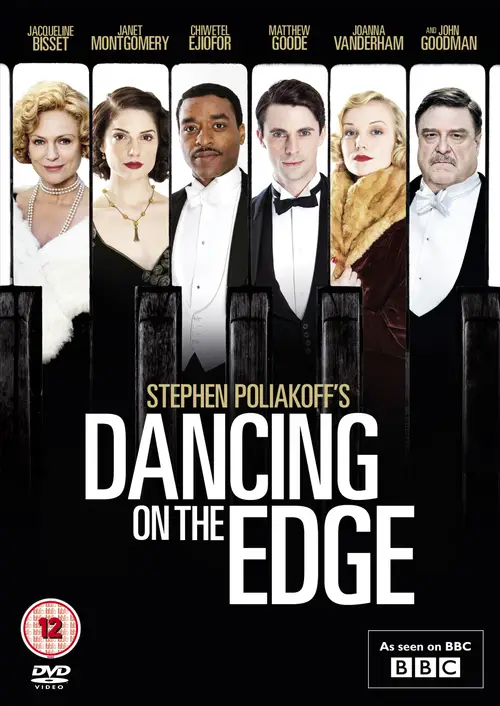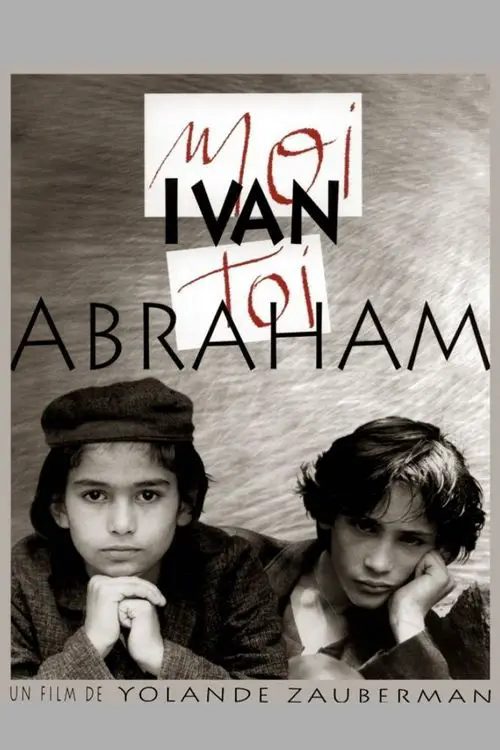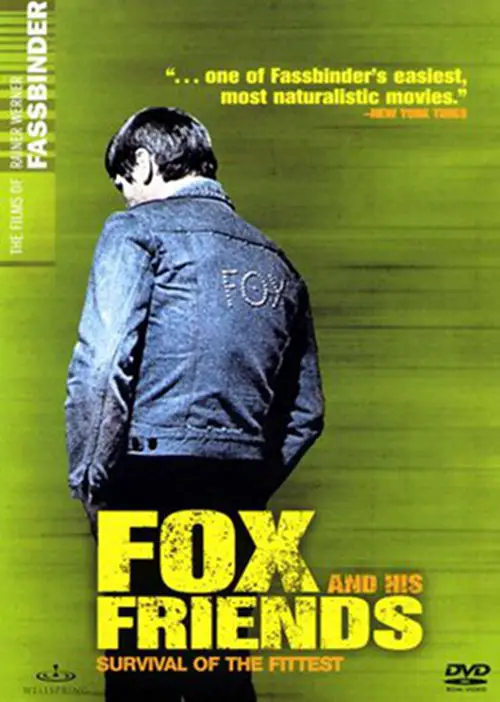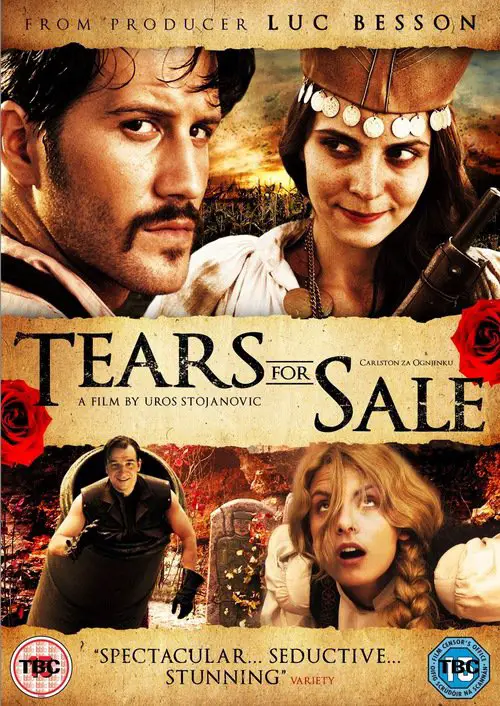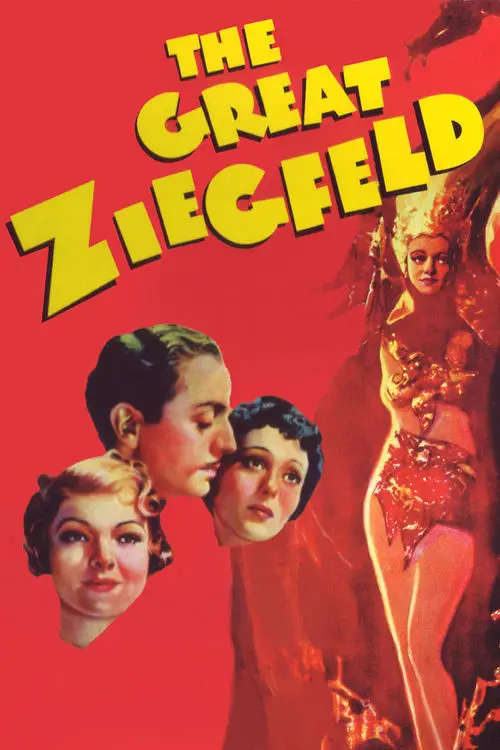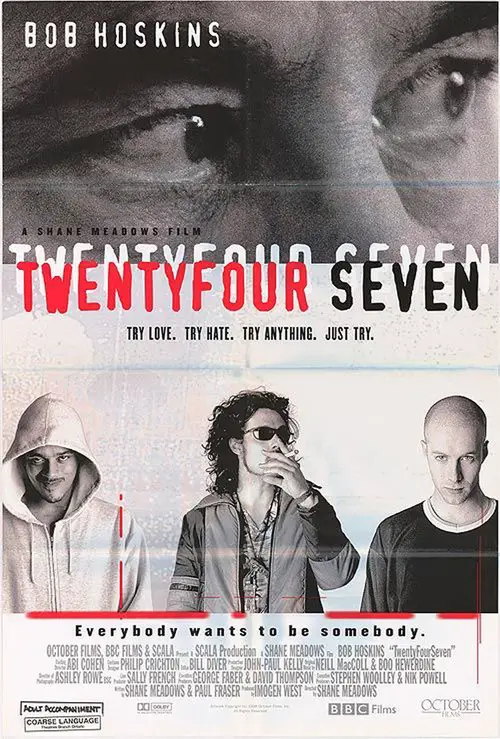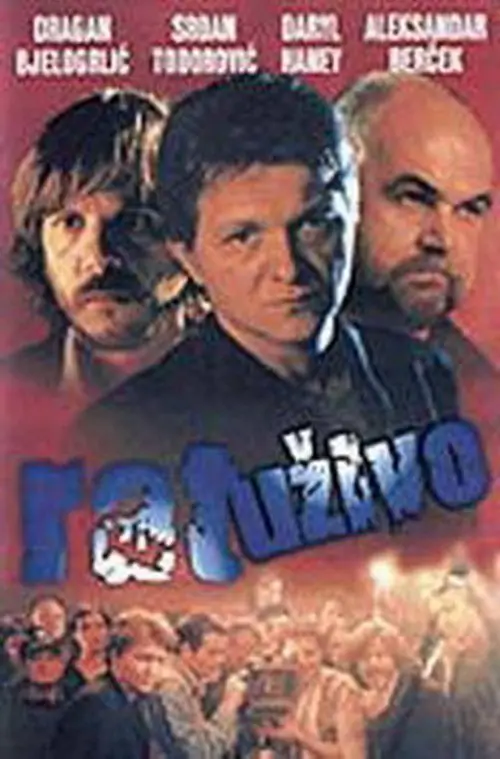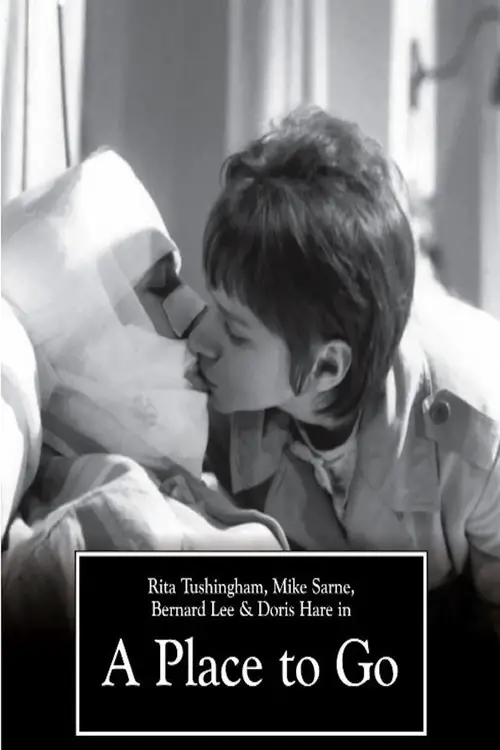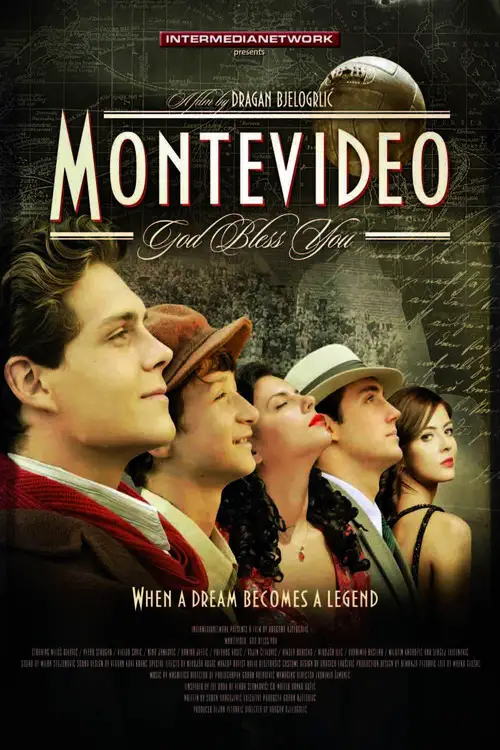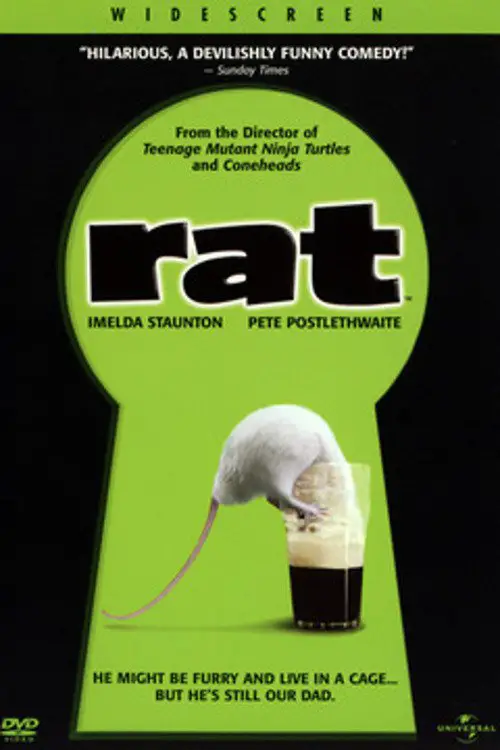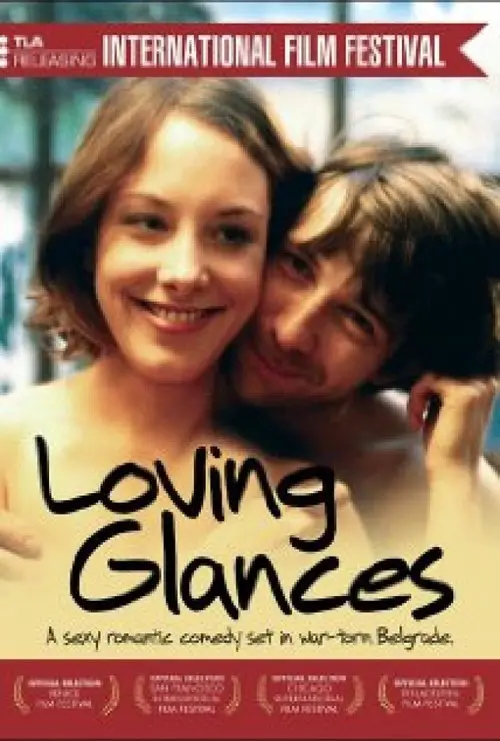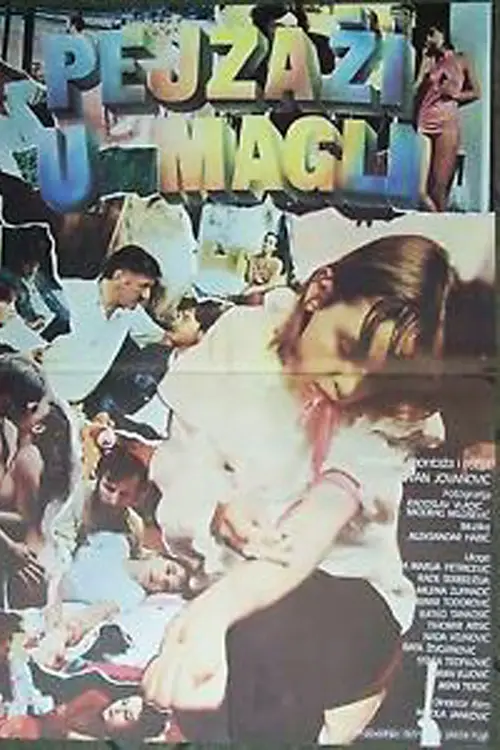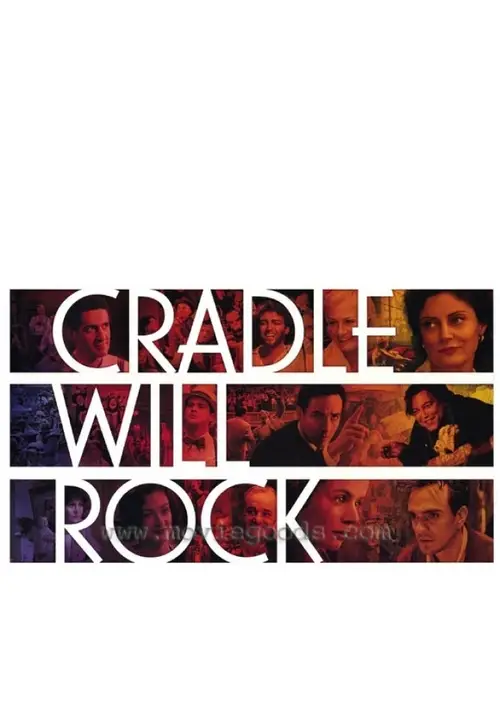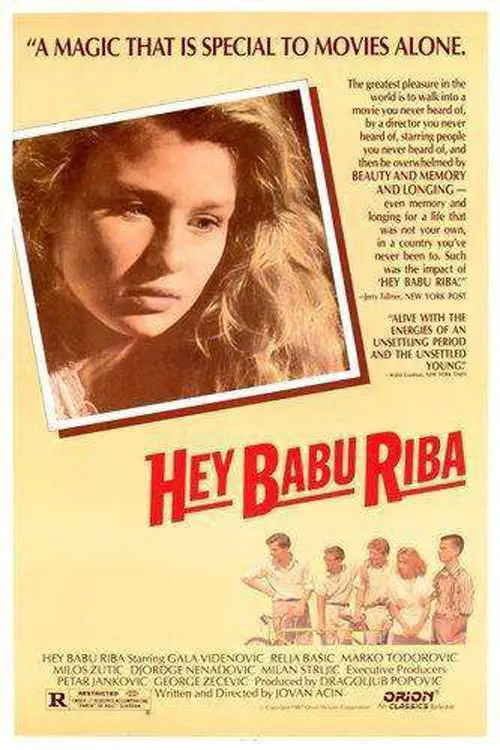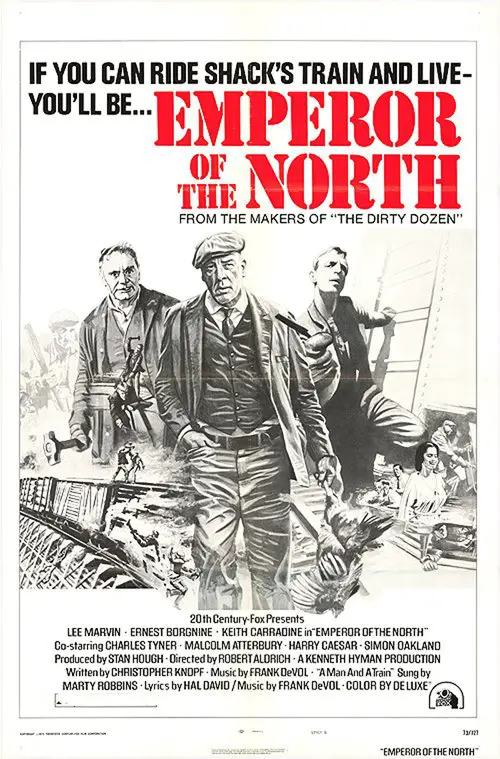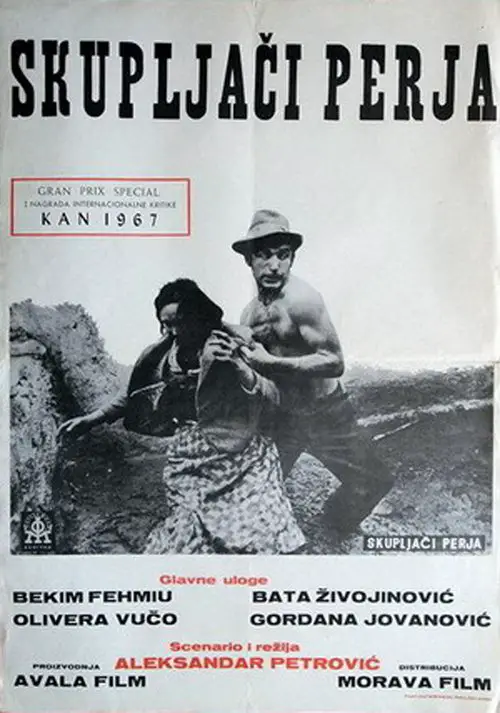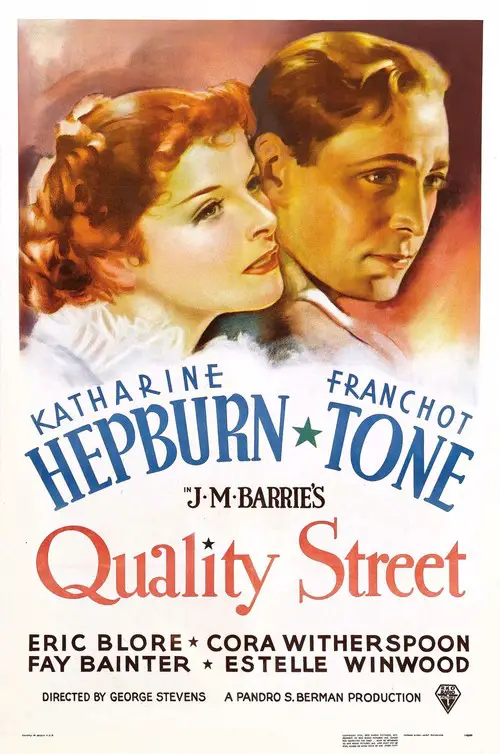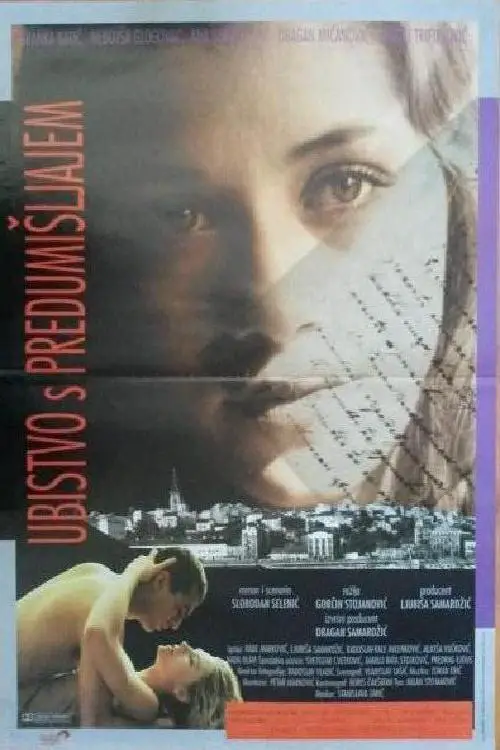Savamala (1982)
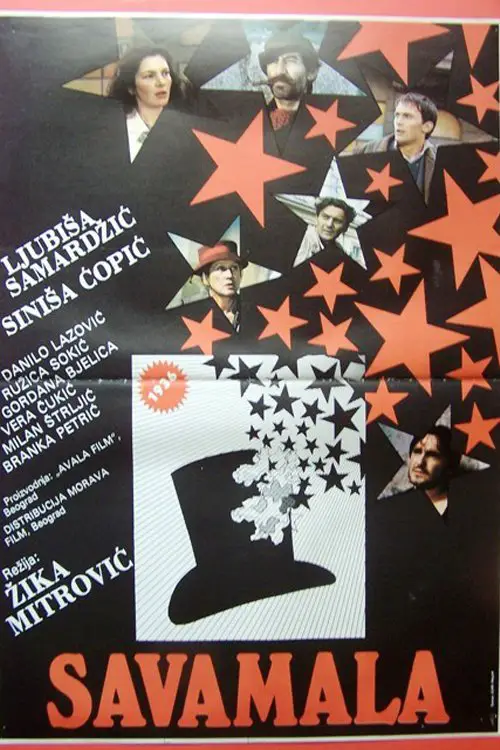
Similar movies
Slice-of-life look at a sweet working-class couple in London, Shirley and Cyril, his mother, who's aging quickly and becoming forgetful, mum's ghastly upper-middle-class neighbors, and Cyril's pretentious sister and philandering husband. Shirley wants a baby, but Cyril, who reads Marx and wants the world to be perfect, is reluctant. Cyril's mum locks herself out and must ask her snooty neighbors for help. Then Cyril's sister Valerie stages a surprise party for mum's 70th birthday, a disaster from start to finish. Shirley holds things together, and she and Cyril may put aside her Dutch cap after all.
Belgrade, Yugoslavia, 1979. While Yugoslav president Tito is in Cuba settling international matters, a mysterious Phantom occupies the attention and hearts of Belgrade. Every night, he exhibits spectacular driving maneuvers using a stolen white Porsche car through the city streets. Through the radio the Phantom publicly challenges the police to try and catch him. More than 10.000 people are in the streets supporting their hero. The police are forced into a game where he sets the rules. The Phantom becomes a political threat. What started as a game turned into a political scandal and remained a myth that would never be forgot.
The film details the travails of a working-class family in London's East End, struggling to stay afloat during the recession under Prime Minister Margaret Thatcher's premiership. Only the mother Mavis (Pam Ferris) is working; father Frank (Jeff Robert) and the couple's two sons Colin (Tim Roth), a timid, chronically shy individual and Mark (Phil Daniels), an outspoken, headstrong young man, are on the dole. This situation is contrasted by the presence of Mavis's sister Barbara (Marion Bailey), and her husband John (Alfred Molina), whose financial and social loftiness, in suburban Chigwell, appears to be a comfortable facade over the unspoken soreness of a lacklustre marriage.
The Parade, in a tragicomic way, tells the story about ongoing battle between two worlds in contemporary post-war Serbian society - the traditional, oppressive, homophobic majority and a liberal, modern and open-minded minority... The film, which deals with gay rights issues in Serbia, features footage of the 2010 Belgrade gay pride parade. The film introduces a group of gay activists, trying to organize a pride parade in Belgrade
Diggers is a coming-of-age story directed by Katherine Dieckmann. It portrays four working-class friends who grow up in The Hamptons, on the South Shore of Long Island, New York, as clam diggers in 1976. Their fathers were clam diggers as well as their grandfathers before them. They must cope with and learn to face the changing times in both their personal lives and their neighborhood.
A group of working-class friends decides to enlist in the Army during the Vietnam War and finds it to be hellish chaos -- not the noble venture they imagined. Before they left, Steven married his pregnant girlfriend -- and Michael and Nick were in love with the same woman. But all three are different men upon their return.
Take a Deep Breath (Serbian: Diši Duboko) is a Serbian film. This drama was promoted as the "first Serbian LGBT feature film", even though the writer herself stresses that it is more about the generation gap in the modern family. Sasa, a Belgrade University law student, tells her parents that she and her boyfriend Stefan are moving to Canada. That same night Sasa and Stefan suffer a car accident. Sasa wakes up in hospital and meets Stefan's charming and clever sister Lana, a photographer living in Paris. Stefan remains in hospital to recover. Sasa finds out that her mother Lila is having an affair. Her father, a well-known judge, desperately tries to keep the family together. Lana becomes Sasa's closest friend - a person able to prove that life is sometimes a mere game. In the midst of historical and family chaos, Sasa gets involved in a love relationship with her boyfriend's sister.
Jackie Chan's Hong Kong variation of Frank Capra's "A Pocketful of Miracles" set in the 1930s. Jackie plays a country boy who rescues a gang boss. He becomes the head of a gang through the purchase of some lucky roses from an old lady. Jackie and a singer at the gang's nightclub try to do a good deed for the old rose-seller when her daughter comes to visit, all this while battling a rival gang.
A coming of age story set in 1975 working-class Brooklyn, in which two teenage brothers living with their abusive father and their well-meaning but ineffective mother are caught up in a life of petty crime. Older brother Danny concocts a daring scheme to steal enough money for the two to escape, timed around the chaos of an upcoming Rolling Stones concert. The sensitive younger brother, Brian, ultimately has a choice: remain loyal to the brother with whom he shares a powerful love-hate bond, or use his hidden talent as an artist as his own ticket out of their dead-end existence.
Set in "Barrytown", a fictitious working-class quarter of Dublin. "Bimbo" Reeves gets laid off from his job. With his redundancy, he buys a van and sells fish and chips with his buddy Larry. Due to Ireland's surprising success at the 1990 FIFA World Cup, their business starts off well, but the relationship between the two friends soon becomes strained as Bimbo behaves more like a typical boss.
Life is a Miracle (Serbian: Život je Äudo) is a Serbian drama film. It was entered into the 2004 Cannes Film Festival. Luka has moved to Bosnia from Belgrade with his mentally unstable wife and his football-playing son, MiloÅ¡, to run a railway station and act as caretaker. Utterly engrossed in his work and blinded by natural optimism, Luka remains deaf to the increasingly persistent rumblings of war, which has broken out in Croatia and threatens to spread. When the conflict explodes, MiloÅ¡ is denied his place on the football field when he must join the Serbian army, and his wife disappears on the arm of a Hungarian musician. Eventually, he receives news that MiloÅ¡ has been taken prisoner of war. Luka considers suicide, but a profiteering acquaintance presents him with Sabaha, a Bosnian Muslim whom he has taken hostage. Luka intends to exchange Sabaha for MiloÅ¡, but the two fall in love after they are forced to flee deeper into Serb-controlled territory...
The family of Raymond, his wife Val and her brother Billy live in working-class London district. Also in their family is Val and Billy's mother Janet and grandmother Kath. Billy is a drug addict and Raymond kicks him out of the house, making him live on his own. Raymond is generally a rough and even violent person, and that leads to problems in the life of the family.
Novica is a mathematics champion in a Belgrade high school. In an attempt to overcome the âgeekâ status at school, Novica becomes attracted to the world of skinheads by his school friend Relja. Novica is exposed to violence, hooliganism and racism; embracing the ideology and climbing up the ladder in the gang hierarchy.
The story, set in Kansas during the 1920's, covers less than a year in the life of a black teenager, and documents the veritable deluge of events which force him into sudden manhood. The family relationships and enmities, the fears, frustrations and ambitions of the black teenager in small-town America are explored with a strong statement about human values.
In 1970s England, three friends spend their days joking, drinking, fighting and chasing girls. Freddie wants to leave their working-class world but cool, charismatic Bruce and lovable loser Snork are happy with life the way it is. When Freddie gets a new job as a door-to-door salesman and bumps into his old school sweetheart Julie, the gang are forced to make choices that will change their lives forever.
Annecy is no tourist destination for three working-class Algerian brothers and their father, in the months after their mother has died. Marc is deeply troubled: he tries to stiff drug dealers and then plots revenge. Christophe is released from jail, lands a job, and must overcome various temptations in order to keep it. Olivier, nearing 18, may be falling in love with Hicham...
One Serbian army battery in the First World War, in forced march with no stopping and rest, arrives to Cer and, in decisive moment, enters the fight and throws off Austrian troops which penetrated into the country. This is not only the chronicle of Cer battle, but Serbian drama and drama of one nation who made impossible possible during the fight against the empire which wanted to take away their country. This drama is based on credible events and authentic documents.
Black marketeers Marko (Miki Manojlovic) and Blacky (Lazar Ristovski) manufacture and sell weapons to the Communist resistance in WWII Belgrade, living the good life along the way. Marko's surreal duplicity propels him up the ranks of the Communist Party, and he eventually abandons Blacky and steals his girlfriend. After a lengthy stay in a below-ground shelter, the couple reemerges during the Yugoslavian Civil War of the 1990s as Marko realizes that the situation is ripe for exploitation.
Growing up in a poor working-class family, Laura decides not to marry the boy-next-door and instead accepts wealthy, older Will Brockton's invitation to move in with him. After falling in love with young up-and-coming newsman Jack Madison she leaves Brockton to wait for Madison's return from a long assignment. She runs out of money and becomes desperate, returning again to Brockton who, upon learning of Madison's sudden arrival, tells Laura she must inform Madison of her living situation or he will.
Martinique, in the early 1930s. Young José and his grandmother live in a small village. Nearly everyone works cutting cane and barely earning a living. The overseer can fine a worker for the smallest infraction. The way to advance is to do well in school. José studies hard and succeeds in an exam allowing him to attend school in the capital. With only a partial scholarship, the tuition is very costly. José and his grandmother move to Fort-de-France to make José's studies easier...
A working-class young woman (Andula) in a hick Czech town sleeps with one of the band members of a group from Prague. "You are a Mondrian, not a Picasso," he tells her. When she doesn't hear from him again, she packs up and arrives on his doorstep in the big city, throwing his household (he lives with his parents) into chaos.
Sedam I Po is a Serbian movie. Seven stories from the hood that connects the leitmotif of the seven deadly sins, in a comic way of treating everyday life if Belgrade people, possessed by it's own small weaknesses. Tthey do not hesitate to go beyond the moral, since each of them understands morality in their own way. The story of the seven deadly sins, however, is not moralizing - it reveals that in spite of sin and errors there is a moment of purification and redemption of the hero. Their lives are not sinful in the Christian sense, their weaknesses are consequence of the times we live in. Pride, in despair, sloth, envy, anger, greed, debauchery and intemperance in eating and drinking - to include a biblical sin, but in modern times would be almost absurd in the context of a much bigger and worse problems of civilization. Therefore, the scenario calls for constant laughter - master your fears and problems, laugh at myself in it; it is a way of overcoming his own pain.
Both a critique of union practices and an examination of life in a working-class Rust Belt enclave, the film concerns a trio of Detroit auto workers: Zeke Brown (Pryor), Jerry Bartowski (Keitel), and Smokey James (Kotto). Fed up with mistreatment at the hands of both management and union brass, and coupled with financial hardships on each man's end, the trio hatch a plan to rob a safe at union headquarters. They commit the caper, but find only a few scant bills in the union safe. More importantly, they also come away with a ledger, evidence of the union's illegal loan-lending operation and ties to organized crime syndicates. They attempt to blackmail the union with the information, but the union retaliates strongly and begins to turn the tables on the three friends. Meanwhile, a federal agent attempts to coerce Jerry into informing on the union's corruption which could make him enemies with his co-workers as well as the union bosses.
In 1930s Poland Christian boy Ivan goes to live with a Jewish family to learn a trade. He becomes friends with Abraham, the son of the family. However, anti-Semitism is rife in their environment, and they flee to escape an upcoming conflict. Journeying together, they demonstrate their inseparability.
Franz "Fox" Biberkopf is a working-class guy, at loose ends when his lover is arrested and the police shutter their carnival booth. In need of cash for his weekly lottery purchase, Fox lets himself be picked up by an elegant older man named Max. At Max's, he meets two younger gay men who have expensive tastes and images to uphold. The next day, Fox wins 500,000 marks in the lottery, and Max's friends suddenly become Fox's friends, especially Eugen, the heir to a bookbinding firm that's short of cash. Eugen's polish beguiles Fox, and the fleecing begins.
Story of two sisters that grew up in a small Serbian village in the beginning of the 1930s. The village is torn up by wars and years long blood oath. There are no men left in the village. Our heroines, Ognjenka and Mala Boginja decide to go to the city, kidnap men and return life to their village. The lights of the metropolis dazzle them and there starts this little amusing and sentimental adventure.
In a typical English working-class town, the juveniles have nothing more to do than hang around in gangs. One day, Alan Darcy, a highly motivated man with the same kind of youth experience, starts trying to get the young people off the street and into doing something they can believe in: Boxing. Darcy opens a boxing club, aiming to bring the rival gangs together.
Belgrade, 1999. Producer Sergei and his film crew are in a disastrous situation - the film they're making is under threat - there's no money, the crew are dissatisfied - and NATO bombing is just around the corner. Then a member of the State Security Service (Mileta) comes looking for American co-producer Harvey. Anxious and worried, in the midst of the bombing that's begun, Sergei hides Harvey from what he thinks is awaiting him - arrest. During the night, he thinks up a plan. He announces the start of filming on a new, patriotic film - in which the main role will be played by Harvey. The plan works - the State supports the film and Mileta, as the State's representative, joins the crew. However, the underlying conflict between Mileta and Sergei explodes during the first screening. Mileta accuses them of being artists, and not being patriots.
James "Brick" Davis, a struggling attorney, owes his education to a mob member named McKay, but refuses to get involved with the underworld. When his friend Eddie Buchanan is gunned down by gangster Brad Collins while on assignment for the Justice Department, Brick decides to give up the law for a career with the Department.
In America it frequently shows under the title Hey Babu Riba. In 1985, four middle-aged Yugoslav emigres return to Belgrade for the funeral of Mariana, their beautiful compatriot. They called her Esther, for Esther Williams, she was the coxswain for their four-man rowing team, and they each loved her. They'd last seen her in 1953, when they rowed her across the Adriatic, pregnant, to join her exiled father in Italy. In flashbacks we learn the story of their youthful baptism into sex, smoking, rock and roll (Hey Ba-ba-re-bop), Hollywood and Swedish films, blue jeans on the black market, and their rivalry with Ristic, the Communist Party youth leader for whom they had instant antipathy.
I Even Met Happy Gypsies is a 1967 Yugoslav, original Serbian title is SkupljaÄi perja, which means The Feather Gatherers. The protagonist, Bora, is a charming but mean-spirited gypsy, while his older wife, Lence, is submissive. Bora is in love with the younger Tisa, who is being offered in marriage by her father. The two get themselves in trouble and eventually have to flee. Tisa rejects her husband and she and Bora get married in the church, and their adventures continue. At the 1967 Cannes Film Festival it was nominated for the Palme d'Or and won the Special Grand Prize of the Jury and the FIPRESCI Prize. The film was nominated for the 1968 Academy Award for Best Foreign Language Film and for the Golden Globe Award for Best Foreign Language Film. Bekim Fehmiu also won a Golden Arena award for Best Actor at the 1966 Pula Film Festival for his portrayal of Bora.
Men, women, and war. Jelena Panic is a young woman in Belgrade in the early 1990s, during Serbia's war with Croatia; she's making a book of her grandmother's diaries from the end of World War II. She takes up with Bogdan, a young soldier recovering from war wounds. He helps her with her grandmother's story, a tragic triangle involving her effete and well-educated husband and an uneducated major, a Chekist who has, perhaps, the power to save a political prisoner who is the grandmother's friend. As Jelena wonders which man was her grandfather (the Chekist or the husband), Bogdan recovers from his wounds and must decide whether to return to the front. Jelena pleads; duty calls.
© Valossa 2015–2026
| Privacy Policy
